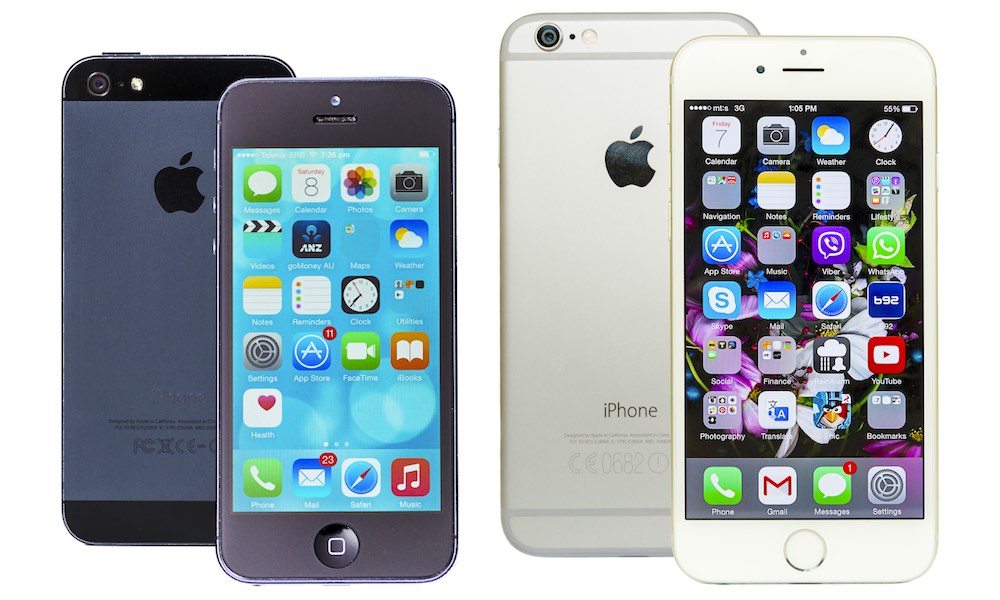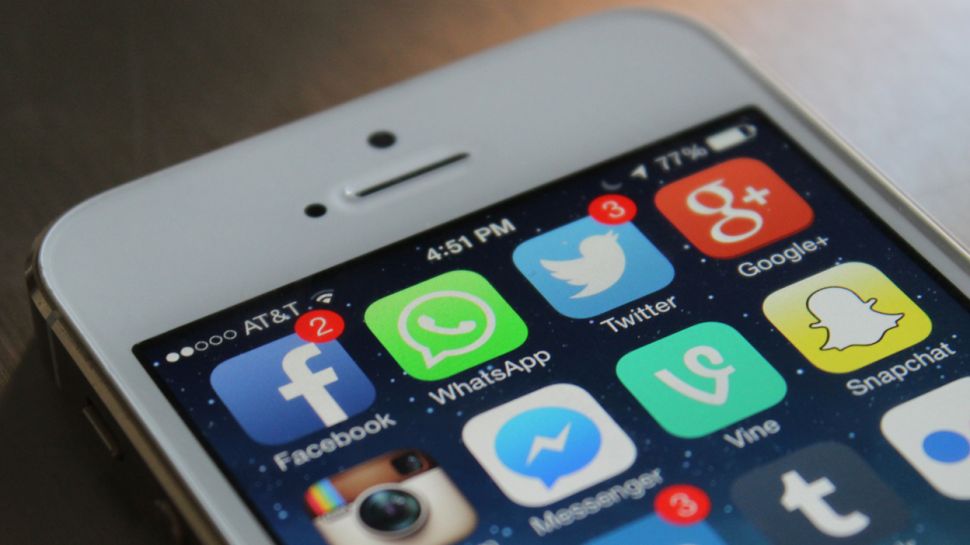WhatsApp Has Evolved and Removed Subscription Fees – What This Means For You

Toggle Dark Mode
WhatsApp will soon be evolving in more ways than one. According to the instant messaging service’s CEO Jan Koum, the app will be dropping the $0.99 annual subscription fee required of its users.
If you’re a WhatsApp regular, you probably already know that the annual fee kicks in after you’ve had a full year of use for free. This payment model was already pretty generous for WhatsApp customers, but the company appears to be planning to make it even better. Koum promises that the new revenue model does not factor in ads.
“We’re going to get rid of the $1 subscription,” Koum says. “We haven’t written a single line of code, [and we want to] make sure people understand this is not about ads in the product.” Sounds to us like that fee is gone for good, and there won’t be any complaints about that.
The code that he’s talking about refers to the other way WhatsApp will change: By introducing business accounts that will allow companies to communicate directly with their customers. These business-to-customer (B2C) features are currently in testing, and probably will be for some time. The company’s main focus for corporate customers includes big names like Bank of America. Imagine talking to bank support directly through WhatsApp on mobile.
This news comes at nearly the same time as the company’s recent announcement that their user base surpassed the one billion mark. Congratulations to the WhatsApp team, as that’s impressive, to say the least!
How Will They Generate Revenue?
By doing away with the subscription model, the company will need to generate revenue elsewhere, which would usually be done by implementing some sort of in-app ads or promotions. However, Koum says ads are definitely out of the question and will not be happening.
Talking about the subscription fee, he also claimed that it wasn’t the most efficient source of revenue. “It really doesn’t work that well,” he explains. Doing away with this model makes sense for the company, but having no model is out of the question. How will they make money?
To solve the problem, the company plans for WhatsApp to become an actual platform instead of just a messaging app. Their primary aim will then be to find ways for businesses to connect with individuals on the platform, similar to what you’d expect from social media networks. Furthermore, the team has promised to avoid introducing spam and intrusive advertising. They don’t want third-party ads to creep into the mix either. Rest assured, WhatsApp users have nothing to worry about when it comes to that nuisance: It’s been made clear that no ads will appear.
The business-to-consumer part of the app will replace email threads or support chat systems that are clunky and messy. In other words, the team behind WhatsApp wants you to be able to chat with your favorite businesses and brands using the app, just as you would with family, friends or colleagues. Think of it as another way to get help when you run into complications or need to reach out to a brand for support.
They probably plan to generate revenue from businesses by bridging this communication gap with customers. They will charge businesses to use the platform, which will, in turn, open up the businesses line of communication with regular customers.
This means — if things pan out — the average customer won’t be affected at all.
How Will Becoming a Platform Change WhatsApp?
WhatsApp will become a full-fledged software platform of its own, as opposed to simply being a mobile app. While at this point it’s difficult to say exactly what the team plans to do, it’s likely that means it will be getting cross-platform support. Imagine using WhatsApp on your desktop, laptop or tablet to communicate with other users who are connected on mobile.
This also means that the WhatsApp platform should see a variety of new features and options, some of which will no doubt help it stand out from the competition.
You may remember when Facebook announced at the F8 developer conference that Facebook Messenger was becoming a platform. The Messenger app was released separately from the Facebook app, and developers were also given the opportunity to take advantage of this change. Uber was one of the first brands to use Messenger and incorporate it in their traditional service options. Yes, that means users can connect and chat with one another in the Uber app, via Messenger.
It’s likely a similar thing will happen with WhatsApp. Developers will be able to expand the platform further by adding new features and incorporating support for their apps and services.
What Does This Mean for Current WhatsApp Users?
To be frank, these changes don’t really mean anything to the average user. There’s no need to be afraid that the service will disappear, and there’s no need to worry that your experience will be changed or altered significantly. In fact, Koam has made it clear that they do not wish to lose current customers or change how they use the app, saying “we just don’t want people to think at some point their communication to the world will be cut off.”
You will be able to continue using WhatsApp just as you have in the past, and nothing about that experience will change. No ads will appear. The most you’ll see are new features, one of which relates to the B2C service that the WhatsApp team is planning to roll out at some point in the future.
In other words, carry on.
Learn More: New Apple Music Update Offers an Android Exclusive Feature







